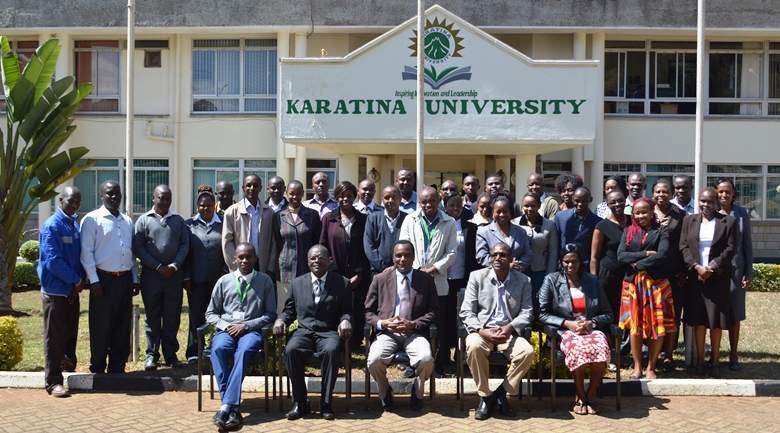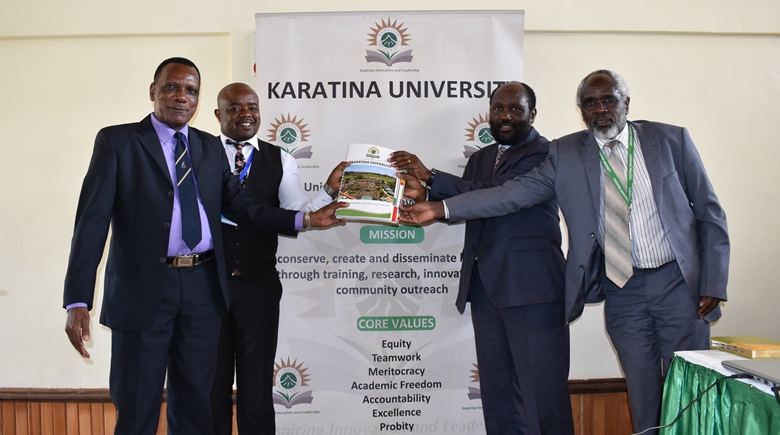Karatina University recognizes the importance of quality assurance of its inputs and processes to ensure production and provision of quality products and services for customer satisfaction. Hence, the creation of the Directorate of Quality Assurance to liaise with other departments of the university to develop and continually improve high quality curriculum, effective teaching and certification as required.

Quality is the ongoing process of building and sustaining relationships by assessing, anticipating, and fulfilling stated and implied needs. Quality represents the properties of products and/or services that are valued by the consumer.
Quality assurance (QA) refers to the activities implemented in a quality system so that requirements for a product or service will be fulfilled. It is the systematic measurement, comparison with a standard, monitoring of processes and an associated feedback loop that confers error prevention. Two principles included in QA are: “Fit for purpose”, the product should be suitable for the intended purpose; and “Right first time”, mistakes should be eliminated. This is done at all levels of curriculum development and implementation in Karatina university

Quality control emphasizes testing of products to uncover defects and reporting to management who make the decision to allow or deny product release, whereas quality assurance attempts to improve and stabilize production (and associated processes) to avoid, or at least minimize, issues which led to the defect(s) in the first place. Quality control is achieved at the university senate meeting where students results from all schools of the university are discussed and approved.
Quality evaluation strategies shall include various strategies and instruments in evaluating quality assurance activities;
Various tools have been developed according to the kind or nature of data required. Data has been collected at various stages of the semester, analyzed and reports submitted to the Deputy Vice Chancellor in charge of Academic, Research and Student Affairs on teaching and administration of the university examinations.